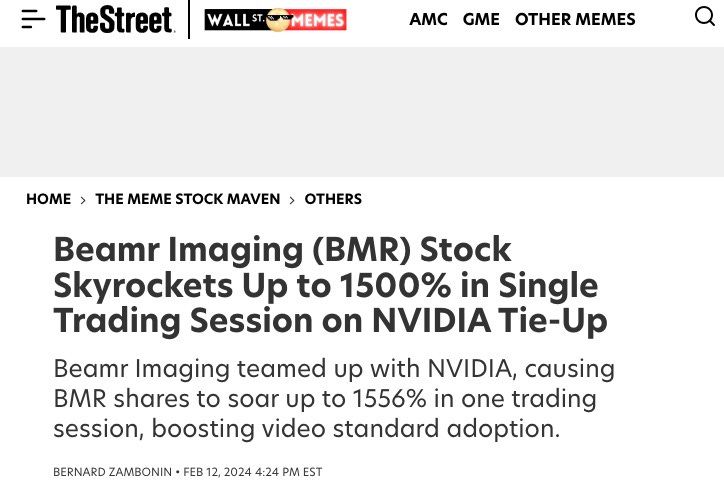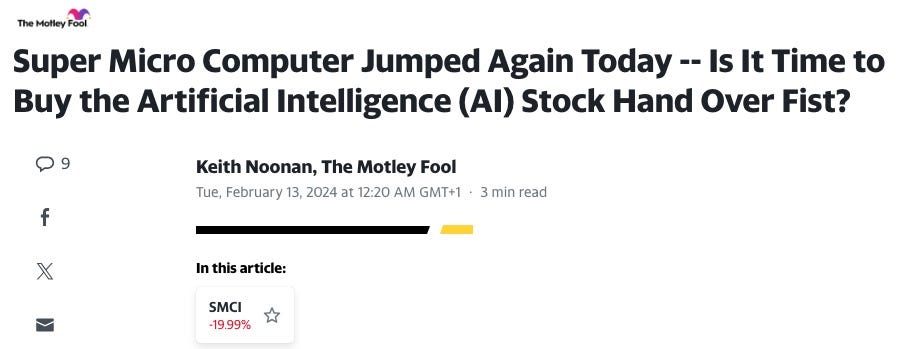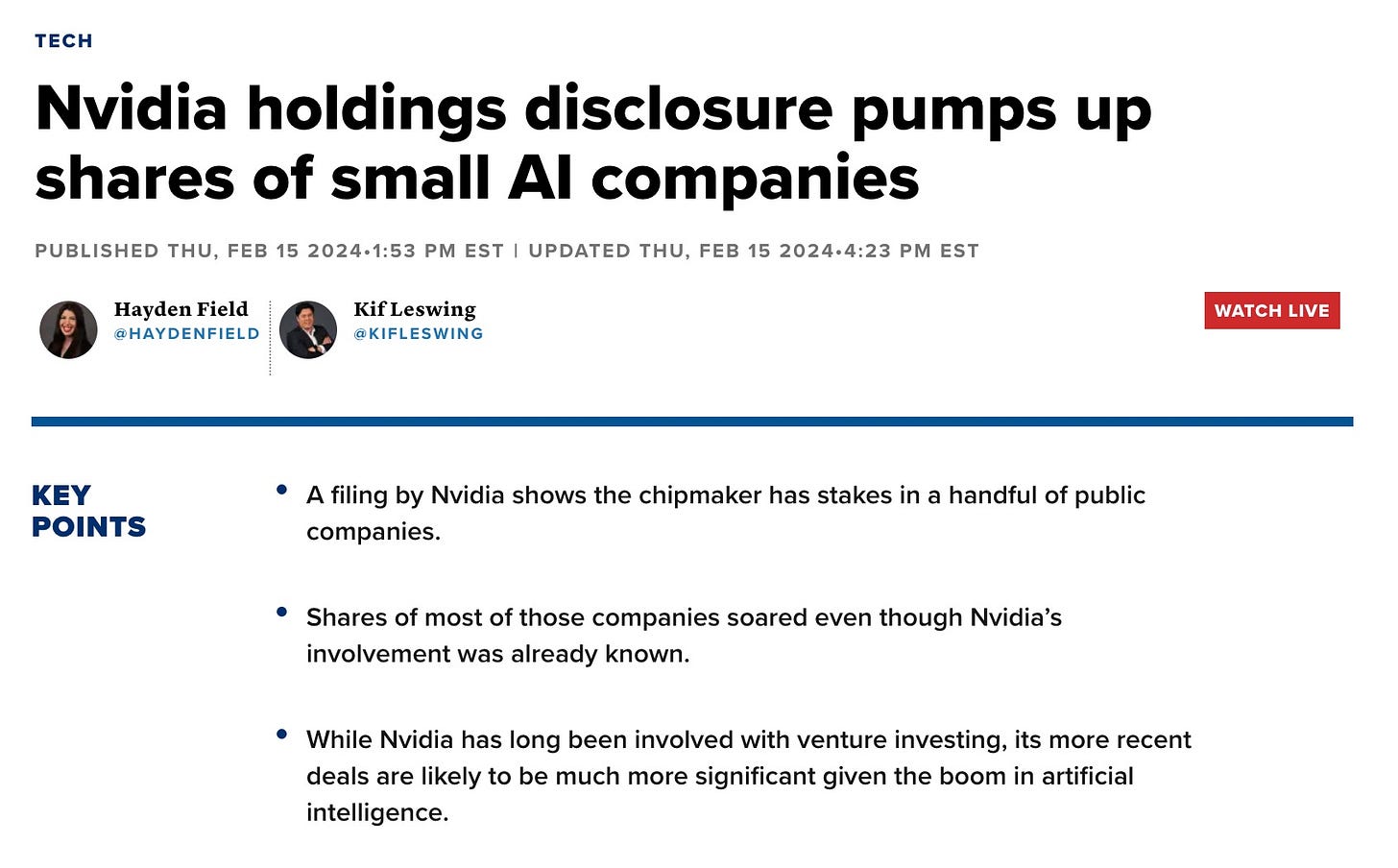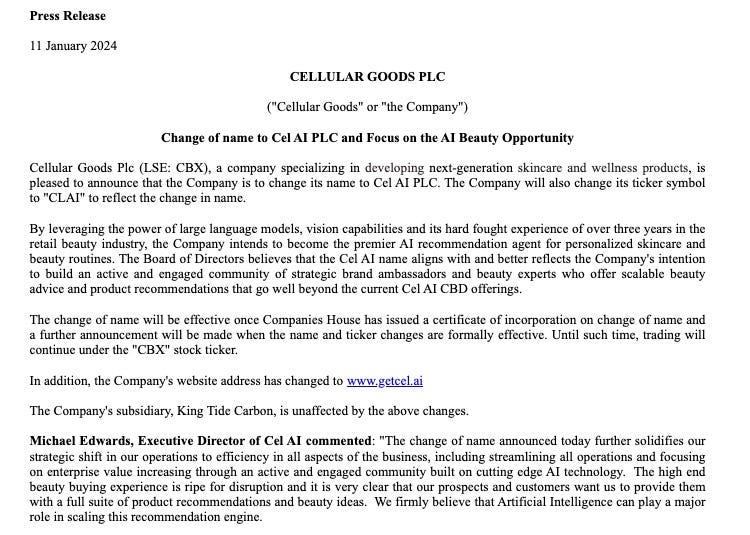Hi, hope you’ve had a good weekend. I’m back at the cabin for some more book-writing this coming week. I’ll obviously miss the kids and the work can be intense, but just between us, a week of complete solitude is bliss… Just don’t tell my wife ok.
Back to business. Despite having written a book-length paean to passive investing and the people who invented it, I’m not actually an efficient-markets zealot. But one facet of EMH I am sympathetic to is the argument that people go overboard in calling everything a bubble. And yes, journalists are probably the worst when it comes to this.
Anything that has gone up a lot is often called a bubble, but true bubbles are actually pretty rare. And they’re very difficult to identify before they’ve burst. I’d argue that it’s difficult even after the fact, with a lot of sharp collapses misidentified as bubbles bursting. Just because something went up a lot and then fell a lot doesn’t mean it was a bubble.
And for every true bubble that some people actually correctly called there are untold legions that were unfairly slandered as bubbles, simply because bearishness sounds smarter.
All that said, it’s very difficult to read this…
…. or this
… or this
… or this
… and not think things have gotten a bit crazy. That last release is from a listed cannabis skincare company partly owned by David Beckham, ffs.
A few years ago I wrote about the monstrous derivatives market that had sprung up around Tesla and dubbed it the “Tesla-financial complex”. Today we arguably have an AI-financial complex, with Nvidia at its centre.
As I wrote on Alphaville this past week, Nvidia has now dethroned Tesla as the king of the single-name options market, with the rolling five-day average value of contracts being traded rocketing to over $100bn in 2024. Merely getting somehow linked to Nvidia is now enough to lift a company’s shares.
I’m reluctant to call it a bubble, because there are genuine reasons for excitement (I’ve been banging on about the potential of AI ever since AlphaGo). But the best bubbles have had some sort of real underpinning to them, which markets then just take way too far. Something can be truly revolutionary and still end up costing investors an ungodly amount of money (viz canals, railways, the Nifty Fifty, the internet, China’s emergence, biotech stocks, etc etc)
And this is starting to feel a bit like the moment when the AI-induced stock market boom jumped the shark. This was certainly the subtext to a few Alphaville posts this week. Speaking of which, here they are:
– Welcome to Super Micro galaxy. As Bryce writes, those who don’t learn from history are having an absolutely blinding year.
– Nvidia is nuts, when’s the crash? Dan McCrum brings some old-skool discounted cash flow analysis.
– Gilet prices: far from armless. Louis marvels at the cost oof the Cavour EBITDA Luxury Cashmere Vest.
– Who’ll buy the Treasuries? (Goldman’s version) Alex revisits the old bUt WhO’s GoNnA PaY FoR iT? theme.
– Caution: Lyft out of order. By far my favourite mistake of the year so far (commemorate it with a special-edition tee)
– Lessons from last autumn’s CCP ‘fire drill’. Financial plumbing nerdery.
– Why Jane Street wins and keeps winning over and over again. A guest column from an old sellside financials hand. Also check out my big read from 2021 if you want more.
– Trevor Milton’s merry boardmen. Say what you will about Trevor Milton, but at least he’s entertaining.
– Lenders can still get J Screwed. Who doesn’t love a bit of creditor-on-creditor violence? Alex certainly does!
– The US GDP–GDI gap won’t hurt you. Louis wrote up an interesting Goldman note on one of the weirder anomalies of the US economic expansion.
– Do independent advisers help or hinder IPOs? Another great guest post from Craig Coben, the ECM king.
And as a final bonus (ish) link, here’s one of my favourites from earlier this month, on how someone cost the Norwegian sovereign wealth fund $92mn because he put the wrong data into a spreadsheet. As NBIM’s CEO Nicolai Tangen noted in a recent speech that referenced the matter:
Imagine coming home from work one day and telling [your partner] that today I made a mistake that cost 40 hospital beds, 80 football fields and a tunnel on the west coast. That’s no fun, right?
Nope!







